News
We invite you to browse our latest news. Some external links below may require a subscription.
The Carter Center Announces Opening of Applications for the 30th Cohort of the Rosalynn Carter Fellowships for Mental Health Journalism
Guinea Worm Disease Reaches All-Time Low: Only 10 Human Cases Reported in 2025
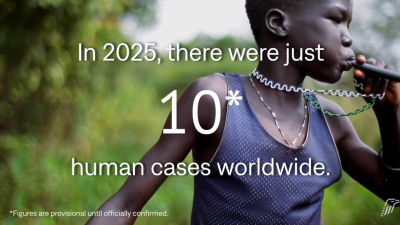
The Carter Center to Host Third Annual Mental Health Parity Day Feb. 3 at Georgia State Capitol
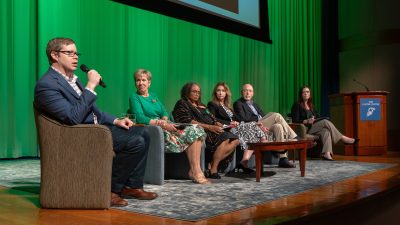
Ministry of Health, WHO, and The Carter Center Join Forces to Accelerate the Elimination of Neglected Tropical Diseases in Madagascar
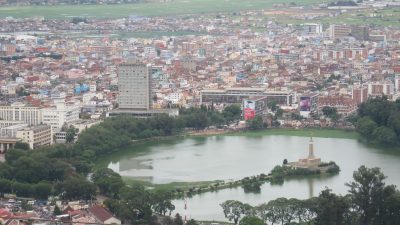
The Carter Center to Host 2026 ‘Jimmy Carter Forum on U.S.-China Relations’ Exploring the Role of Women in Shaping Relationships Between the Two Countries
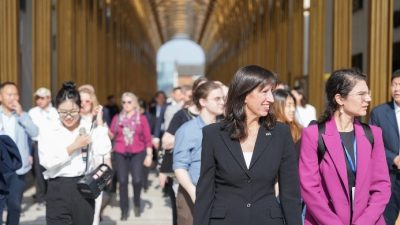
A Year After President Carter’s Passing, The Carter Center Continues to Advance His Vision of Peace, Health, and Human Rights

Rice University’s Baker Institute and The Carter Center to Host Annual Elections Conference in Houston

Carter Center Expands Global Inform Women, Transform Lives Campaign to 13 New Cities
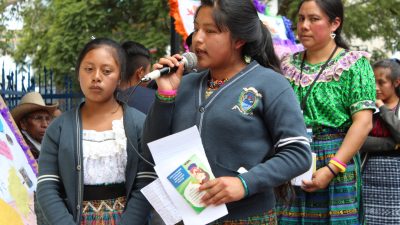
Carter Center Announces Oct. 1 Release Date for ‘The President and the Dragon’
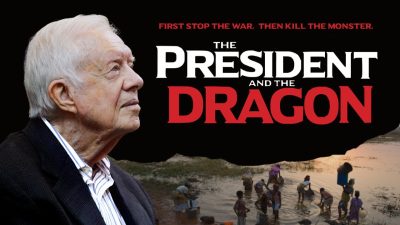
Carter Center Commends Smooth Voting Process; Encourages Future Reforms in Guyana
1 of 56
Global Impact Starts with You
Your support sustains the Carter Center's mission of waging peace, fighting disease, and building hope around the world.
